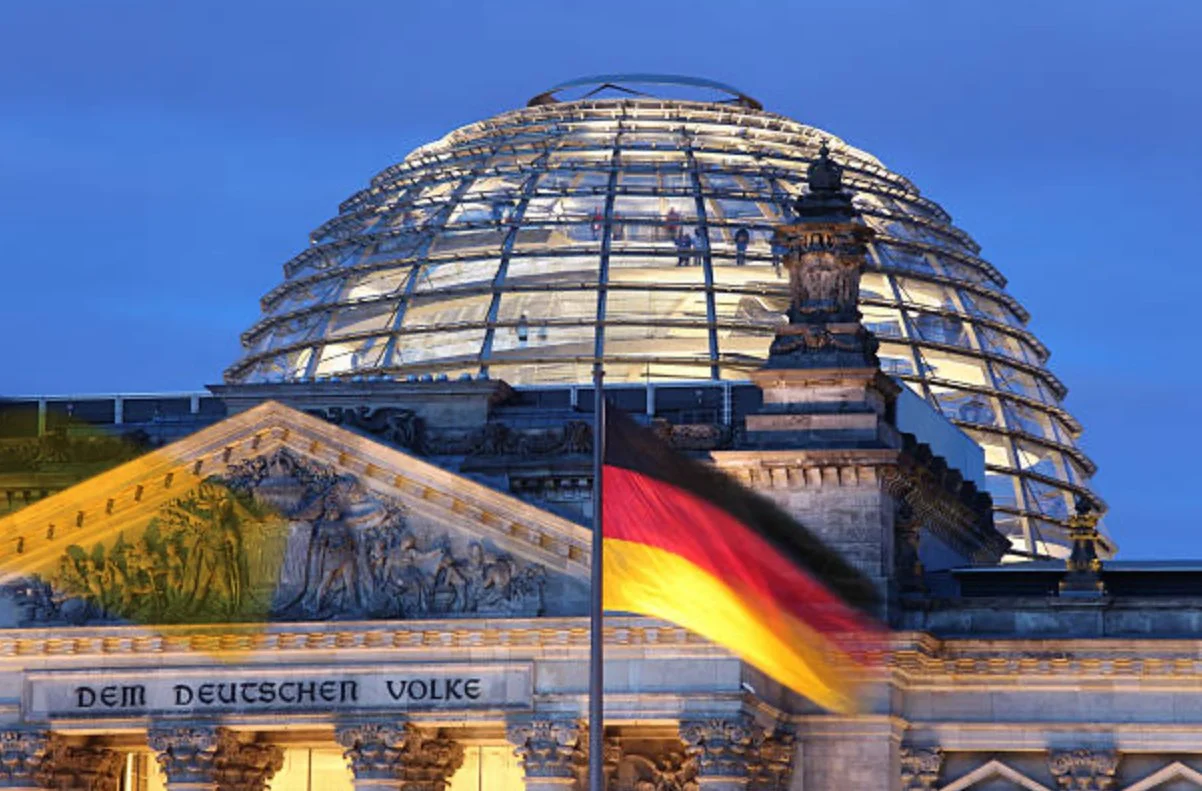Which parties in Germany are expected to perform well in the February elections
Introduction
Based on recent opinion polls, several parties are expected to perform well in the upcoming German federal election scheduled for February 23, 2025. Here’s an overview of the parties likely to have a significant impact:
Leading Parties
CDU/CSU (Christian Democratic Union/Christian Social Union)
Currently leading in polls with around 32-33% support
The main opposition coalition led by Friedrich Merz
Positioned as the frontrunner to form the next government
Alternative for Germany (AfD)
Polling at approximately 18-19%
Has seen a rise in support, gaining momentum in recent months
Social Democratic Party (SPD)
Chancellor Olaf Scholz’s party
Polling between 14-16%
Despite being the current governing party, it has lost some ground
Other Significant Parties
Green Party (Bündnis 90/Die Grünen)
Polling around 11-14%
Former coalition partner in Scholz’s government
Robert Habeck is likely to be their chancellor candidate
Sahra Wagenknecht Alliance (BSW)
A newly formed party polling at 6-7%
Split from Die Linke in late 2023
Parties at Risk
Free Democratic Party (FDP)
Polling around 4-5%
At risk of not clearing the 5% threshold required to enter parliament
Die Linke (The Left)
Polling at 3-4%
Also at risk of not meeting the parliamentary threshold
Conclusion
The election is expected to be highly competitive, with the CDU/CSU alliance currently in the strongest position. However, forming a government may require complex coalition negotiations, as traditional alliances might not secure a majority based on current polling trends




